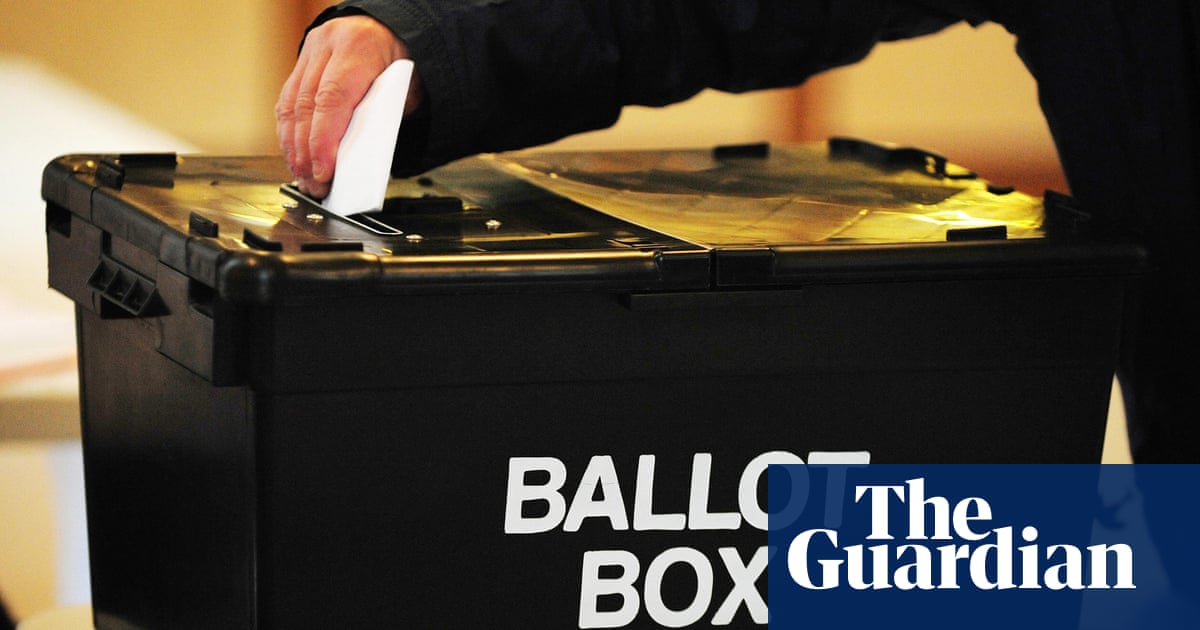South Korea’s embattled president, Yoon Suk Yeol, has named a replacement for his resigned defence minister, even as parliament introduced a motion to impeach Yoon over his botched attempt to impose martial law this week and the US government criticised his actions as “badly misjudged”.
It came as the floor leader of South Korea’s ruling party vowed on Thursday that all their lawmakers would “unite” to defeat the opposition-led motion to impeach Yoon.
“All 108 lawmakers of the People Power party will stay united to reject the president’s impeachment,” Choo Kyung-ho said at a livestreamed party meeting. Opposition MPs need eight ruling party lawmakers to vote with them for the impeachment bill to pass.
On Thursday morning, Yoon accepted the resignation of Kim Yong-hyun and nominated his ambassador to Saudi Arabia, Choi Byung-hyuk, as the new defence minister, Yonhap news reported on Thursday.
Yoon’s office confirmed the nomination of Choi, a former army general, for the office. Kim, who had also been facing an impeachment motion, reportedly advised Yoon to declare martial law on Tuesday, which was lifted after a parliamentary vote demanding Yoon reverse it.
The US deputy secretary of state, Kurt Campbell, said Yoon had “badly misjudged” the martial law decision, which took the White House by surprise.
At an event organised by the Aspen Strategy Forum, Campbell said the fact that both political sides in South Korea could agree his decision was “deeply problematic” despite deep political polarisation and division was a reassuring tribute to the strength of South Korean democracy.
He said South Korea would be “in a challenging place” in the next few months and the US goal would be to make clear its alliance with Seoul is “absolutely rock solid.”
Yoon’s ruling People Power party said it would oppose the impeachment motion introduced by the opposition on Thursday but the party has been divided over the crisis.

The opposition Democratic Party, which has a majority in parliament, needs at least eight ruling party lawmakers to back the bill in order for it to pass. Lawmakers could vote for the bill as early as Friday.
“The Yoon Suk Yeol regime’s declaration of emergency martial law caused great confusion and fear among our people,” Democratic Party lawmaker Kim Seung-won told a session of South Korea’s National Assembly held in the early hours of Thursday.
The martial law declaration late on Tuesday attempted to ban political activity and censor the media in South Korea, which is Asia’s fourth-largest economy and a key US ally. The shock move divided Yoon’s ministers and unleashed six hours of chaos.
None of the 108 ruling party lawmakers were present for the introduction of the impeachment motion. The motion paves the way for a vote to be held in the following 24 to 72 hours.
The impeachment vote follows a night of chaos after Yoon declared martial law and armed troops attempted to force their way into the National Assembly building in Seoul, only to stand back when parliamentary aides sprayed them with fire extinguishers.
“The people and the aides who protected parliament protected us with their bodies. The people won, and it’s now time for us to protect the people,” said Kim.
“We need to immediately suspend the authority of President Yoon. He has committed an indelible, historic crime against the people, whose anxiety needs to be soothed so that they can return to their daily lives“.
Opposition parties need a two-thirds majority to pass the impeachment bill. If it passes, South Korea’s constitutional court will then decide whether to uphold the motion – a process that could take up to 180 days.
If Yoon were to be suspended from exercising power, prime minister Han Duck-soo would fill in as leader.
If the embattled president resigned or was removed from office, a new election would be held within 60 days.
Yoon told the nation in a television speech late on Tuesday that martial law was needed to defend the country from pro-North Korean anti-state forces, and protect the free constitutional order, although he cited no specific threats.
Within hours, South Korea’s parliament, with 190 of its 300 members present, unanimously passed a motion for martial law to be lifted, with 18 members of Yoon’s party present.
The president then rescinded the declaration of martial law, around six hours after its proclamation.
“There are opinions that it was too much to go to emergency martial law, and that we did not follow the procedures for emergency martial law, but it was done strictly within the constitutional framework,” a South Korean presidential official told Reuters by telephone.
There has been no reaction yet from North Korea to the drama in the South.
Yoon had been embraced by leaders in the West as a partner in the US-led effort to unify democracies against growing authoritarianism in China, Russia and elsewhere.
But he caused unease among South Koreans by branding his critics as “communist totalitarian and anti-state forces“. In November, he denied wrongdoing in response to influence-peddling allegations against him and his wife and he has taken a hard line against labour unions.
Reuters contributed to this report

.png) 1 month ago
18
1 month ago
18













































